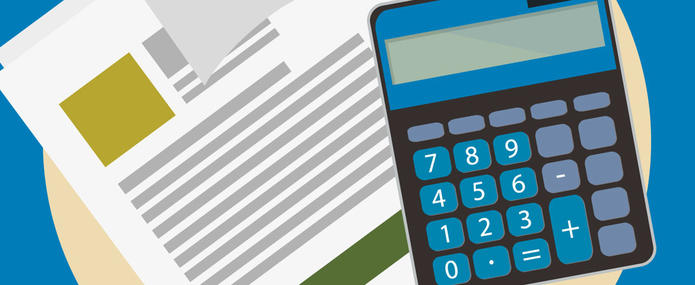On 24th September, the French government presented its 2019 draft budget (projet de loi de finances - PLF) at the Council of Ministers. This event, as always, stimulates an abundance of analyses and comments, each highlighting the winners and losers of the government’s budgetary trade-offs, whether in terms of contributions or State objectives. The discussions generally focus on the increases—and especially the decreases—of the allocated amounts, to the detriment of an evaluation of the national economic, social and environmental situation and the associated public policies. When such assessments are conducted, it is usually from the perspective of costs related to the expected benefits in terms of economic growth percentage points, or with a highly sectoral emphasis (on education, inequality, unemployment, biodiversity degradation, etc.), without considering a wider view encompassing the different dimensions of development and the wealth of France.
The all too easily overlooked law on new wealth indicators
This trend is not new. In 2015 the French Parliament adopted the so-called “Sas Act” that called for the government to publish a yearly report, released to tie in with the budget presentation to Parliament, that examines the development of 10 wealth indicators over several years. These 10 indicators, which include well-being, quality of life, and environmental sustainability, were also intended to serve as a basis for discussion to evaluate public policies and reforms undertaken by the government, as well as to inform the budget debate. The synchronization of their publication with the review of the annual PLF made it possible to give them media visibility and thus to promote their appropriation by economic and social actors.
In practice, however, the original intention of this law has been lost: for example, the publication of the 2017 report, which should have taken place on 3rd October 2017, eventually happened on 21st February 2018, against a backdrop of general indifference because the budget debate had ended many months beforehand. As a result, the new wealth indicators (NIR) report remains an advisory document with no impact on the management of public action.[1]
An opportunity to reinvigorate the debate on public policies…
This state of affairs is regrettable for several reasons. Firstly, because this law offers a useful tool to establish a new culture of public policy evaluation, at a time when the government is considering strengthening this dimension of parliamentary work as part of its constitutional reform. A new space for discussion thus opens, making it possible to report on governmental action in the context of collectively chosen indicators—it should be noted that these indicators were selected by France Strategy (the Prime Minister’s think tank) and the French Economic, Social and Environmental Council following consultation with civil society—reflecting contemporary public issues facing the State. By supporting the budget debate to give consideration to the development of these indicators, as well as the mechanisms that would make it possible to advance them in the right direction, the NIR law introduces a process of political reflexivity that can only enrich the parliamentary debate.
… and to resume a pioneering role on sustainable development indicators
Furthermore, this law provides an opportunity in the context of the implementation of the 2030 Agenda for Sustainable Development and the Sustainable Development Goals (SDGs), adopted by the UN General Assembly in 2015 and to which France has subscribed. Indeed, the budgetary process is becoming an increasingly essential element for the integration of this international agenda into the national debate. In a recently published study, IDDRI identified around 20 countries as either considering or having started linking the SDGs to their budgetary and national processes. Through the restoration of its original objective into this new wealth indicators law, and linking it to the 2030 Agenda, the French government has an opportunity, firstly, to firmly establish its aim of reinvigorating public action, and secondly, to refocus attention on its pioneering role on the international stage in promoting indicators of sustainable development.
[1] See IDDRI’s paper on this subject: Pagnon, F. (2018, to be published). New wealth indicators and draft budget law: a timetable to be respected. IDDRI, Issue Brief N°11/18.
Photo : www.calvados.fr


